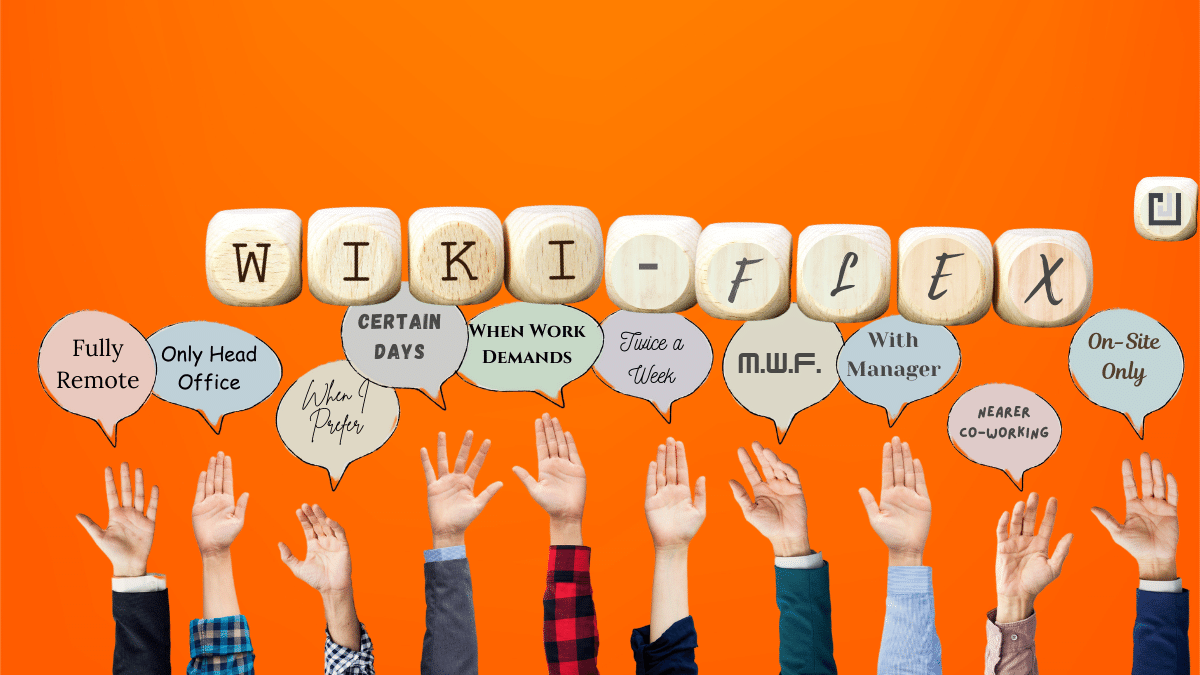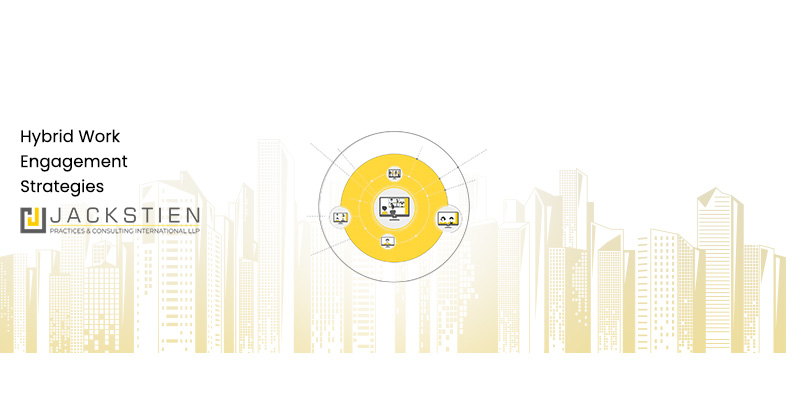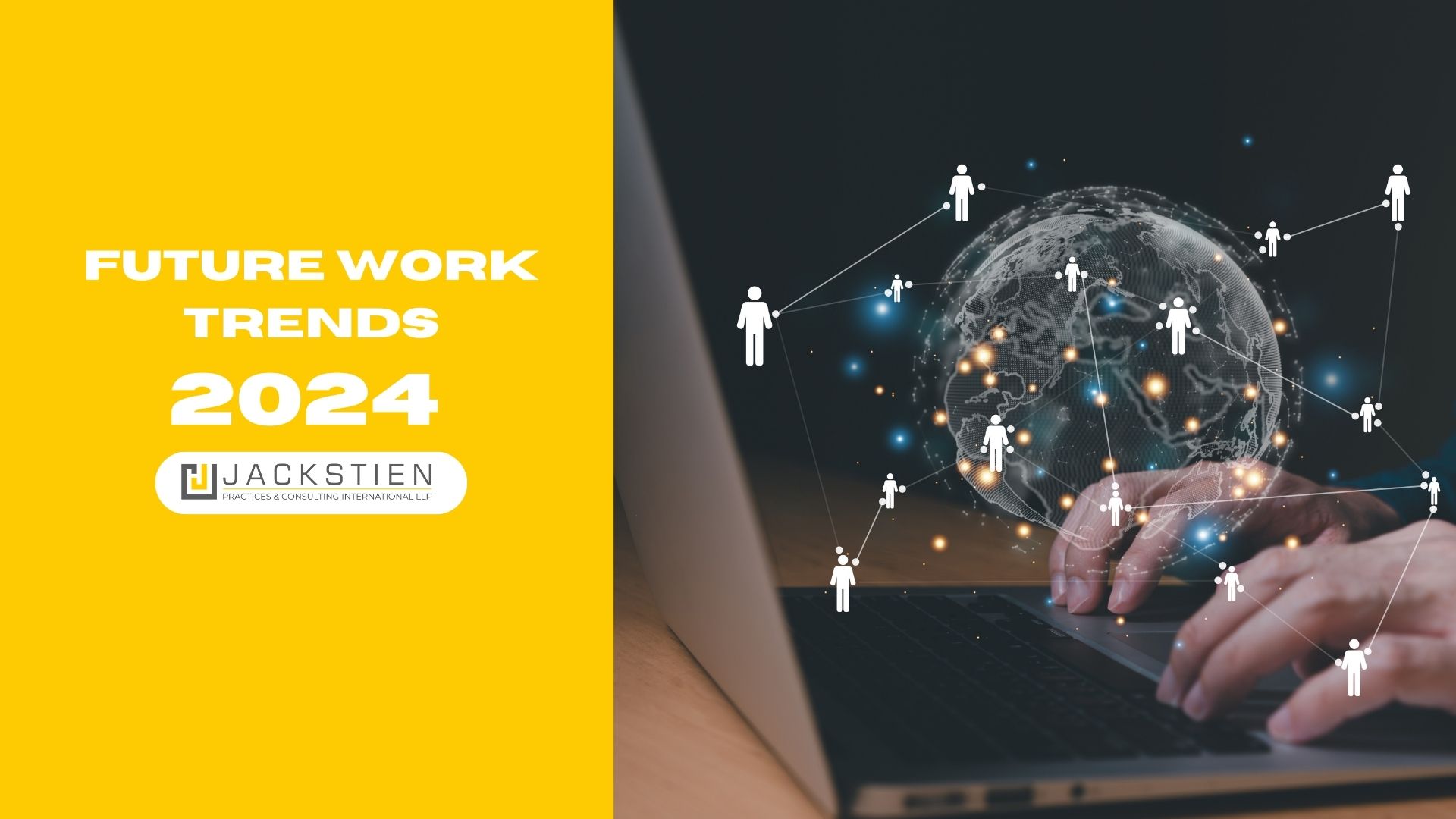This one is of the generational gap and the disconnect on Remote & Hybrid Work
A recent McKinsey research found that when people are offered the chance to work flexibly, 87 percent use it.
Despite the growth of remote and hybrid work throughout the economy and the clear delineation from the pandemic which boosted it, there remains a stark difference in the way different generations, especially Gen X and Gen Z, view flexibility and remote and hybrid work.
Gen X
Gen X consists of people who are born roughly between 1964 and 1980.
Gen Z
Gen Z is people who are born between the years 1997 and 2015.
The disconnect
Like most things, Gen X and Gen Y have certain disagreements regarding the modern way of working.
One of the reasons for this disconnect could be the idea of work that Gen X grew up around. For them, work always meant something that took up a large chunk of their day and consumed their life. Climbing the corporate ladder meant working long hours, building relationships, investing time, and sacrificing other things. In more ways than one, Gen X people was attached to their job and identified with it.
Enter remote and hybrid work: they may have been caught off-guard. Here was a new work setup that allowed work-life balance and flexibility and minimized the monotony. Suddenly, the world seemed to have a different idea of work, one that Gen X might’ve not related to.
On the other hand, a large part of Gen Z entered the workforce during or after the pandemic. Thus, remote and hybrid work is natural to them. They can’t imagine having to commute two hours a day, reach the office, and sit down to do work that can be done way better remotely or from home.
Opinions on success
Also, Gen X and Gen Z seem to have different opinions on hard work and success. For the former, hard work, persistence and a lifelong commitment to their company are important for success while for the latter, success does not mean working tirelessly and always putting off relaxation for later. This is not to say that Gen Z does not value accomplishments or isn’t driven as much. They’re people who look at breaks and work-life balance as necessities rather than a privilege.
Connection
Another reason for the difference in opinion between Gen X and Z regarding remote and hybrid work is how both view office culture and environment. Gen X people had a personal space in their office, a ton of work buddies, and lots of office conversations (and harmless banter). It helped them stay connected to their workplace. While remote work strives to adopt team and relationship-building strategies, it isn’t the same as meeting up with work friends and looking forward to sharing lunch. On the flip side, Gen Z does appear to care much about having friends at work. They do look for understanding and empathetic co-workers and a healthy support system but establishing long-lasting personal relationships at work is not high on their priority list.
Scarcity mindset
Gen X have grown up in the scarcity mindset. Any gains typically required a bit more struggle compared to the world right now. Maybe the reduced struggle is unintentionally equated to a lack of commitment.
And so?
Despite the generational disconnect and other shortcomings of the modern work setup, remote and hybrid work is here to stay.
The generations can speak to each other or just at each other.
Therefore, companies and firms must formulate systems and policies that ensure all generations are heard and their issues with remote work acknowledged and addressed. Remote and hybrid workers need to also understand that some of Gen X’s concerns come from genuine life experiences.
Each demographic should be equipped to not just handle flexibility and technology but also mentally align to them.
This may seem like a long road but regular exercises, training, and company-wide open communication will make the journey easier.


